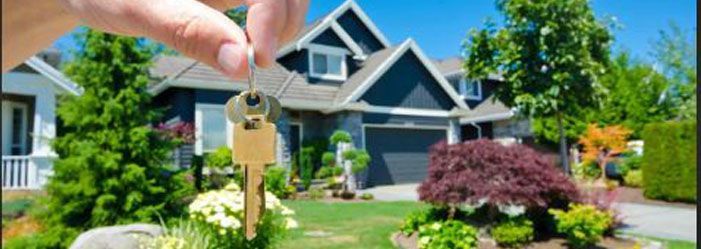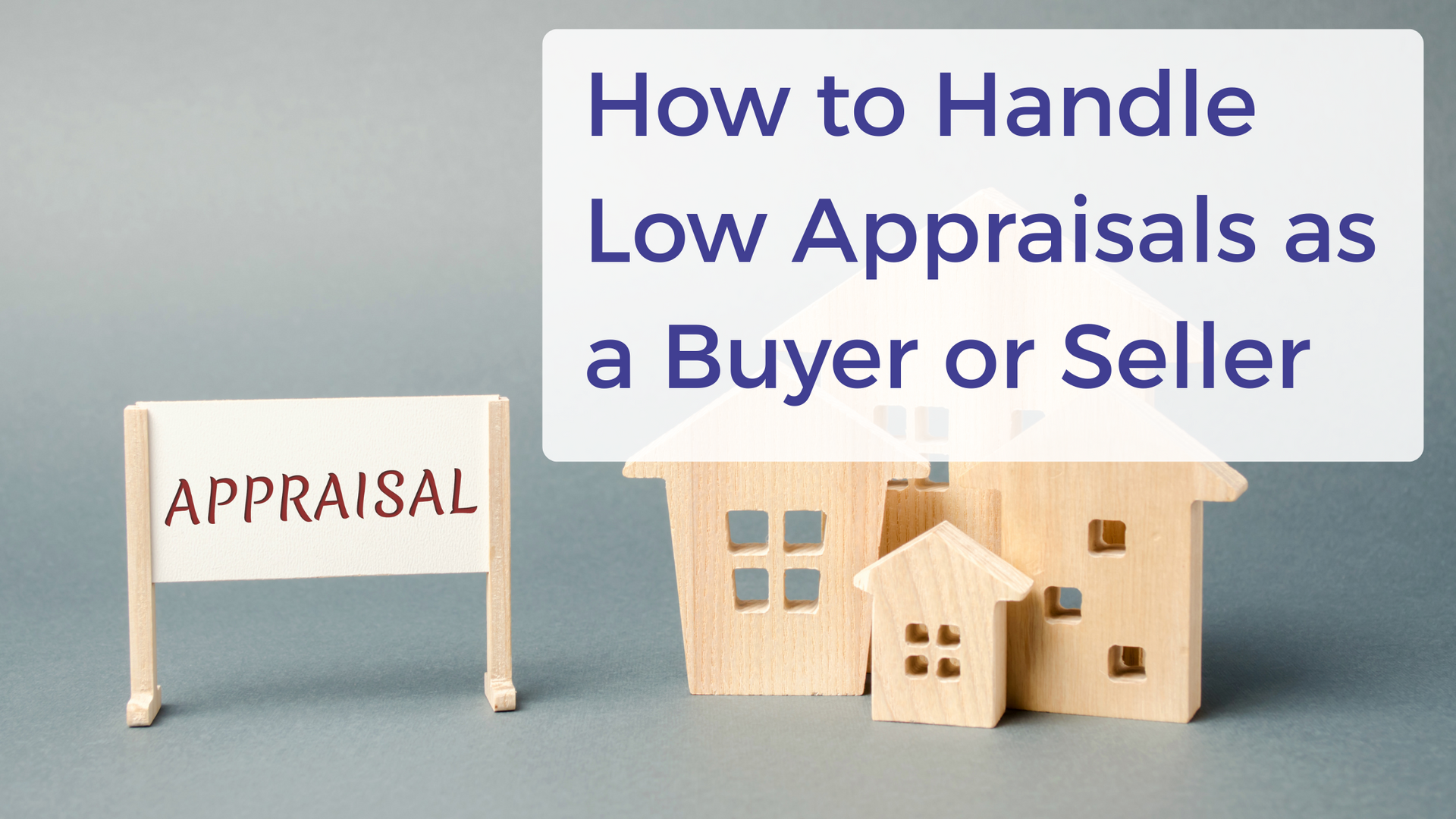Follow these steps to transition from a renter to a Homeowner

Is your lease up this spring?
Are you ready to transition from a renter to a homeowner?
Here are some steps to get you started:
- Assess Your Finances: Determine your budget, including down payment, closing costs, and monthly mortgage payments, to understand your purchasing power.
- Get Pre-Approved for a Mortgage: Meet with a lender to get pre-approved for a mortgage, which will help you understand how much you can borrow and streamline the homebuying process.
- Start House Hunting: Begin your search for the perfect home by exploring different neighborhoods, attending open houses, and working with a trusted real estate agent.
- Make an Offer: Once you've found the right home, work with your agent to submit a competitive offer that meets your needs and aligns with market conditions.
- Complete the Home Inspection: Schedule a home inspection to identify any potential issues with the property and negotiate repairs or credits with the seller if necessary.
- Secure Financing: Finalize your mortgage application and work with your lender to secure financing for your new home.
Close on Your Home: Sign the necessary paperwork, pay your closing costs, and officially become a homeowner!
With these steps, you'll be well on your way to making the transition from renter to homeowner a smooth and successful one.

Buying a home is one of the most significant financial decisions most people will ever make. Yet, many buyers rush through the mortgage process, focusing on getting approved rather than fully understanding their options. As a mortgage professional, I see it often—borrowers end up with loans that don’t truly fit their needs, leading to higher costs, unnecessary stress, or even long-term financial strain.

Buying a home is one of the biggest financial moves you’ll ever make — and how you choose to finance it can make all the difference. Mortgages aren’t one-size-fits-all. The right loan depends on your budget, credit, long-term goals, and even where you plan to buy. Whether you’re a first-time buyer or upgrading to your next home, understanding your financing options can help you make a confident and informed decision. Here’s an overview of some of the most common mortgage types and what they mean for you.
